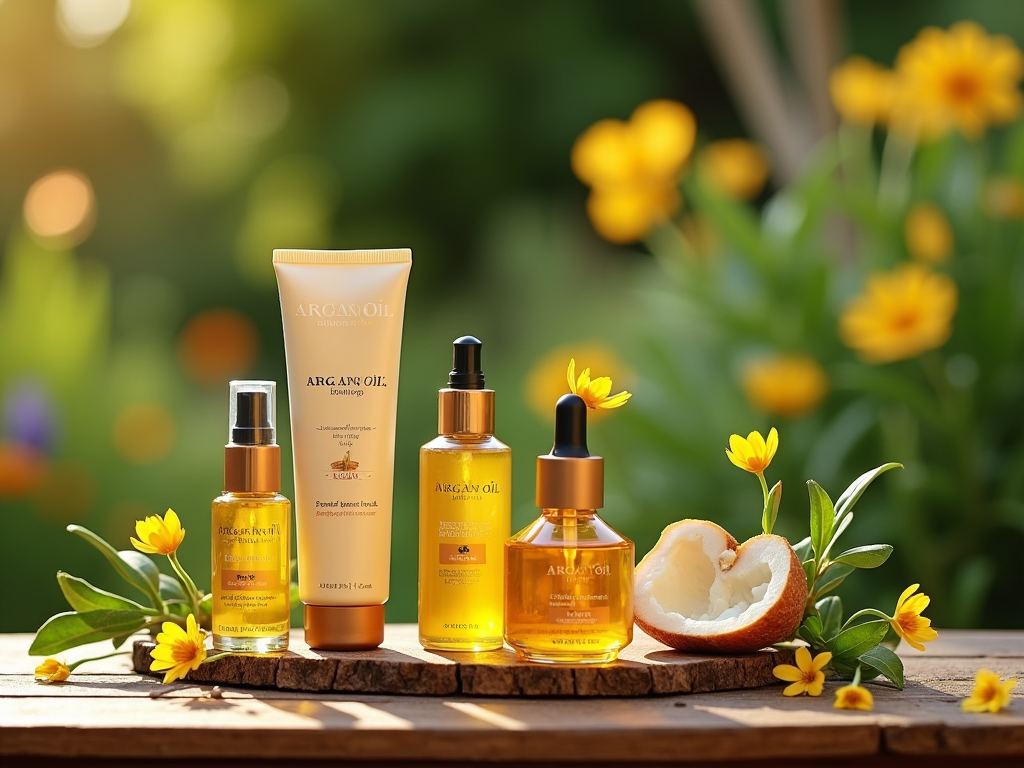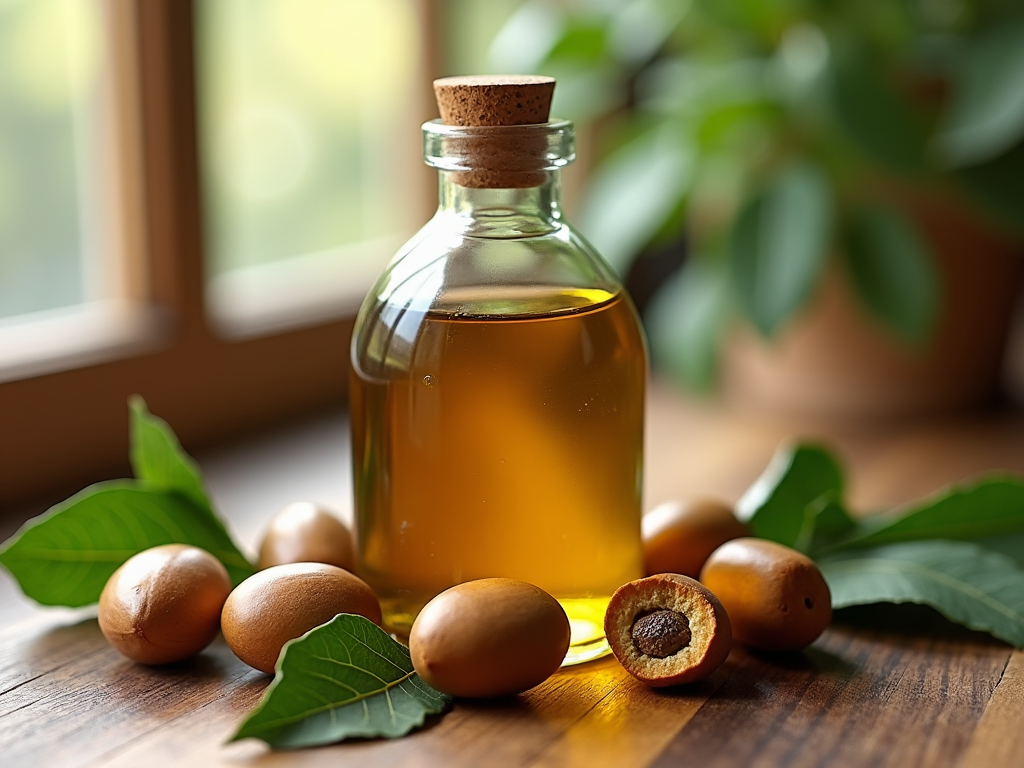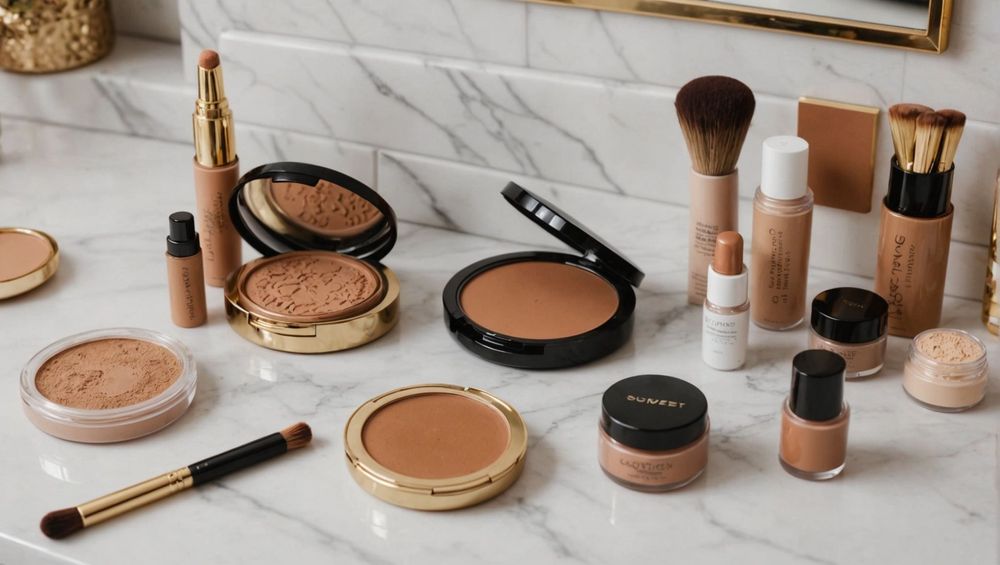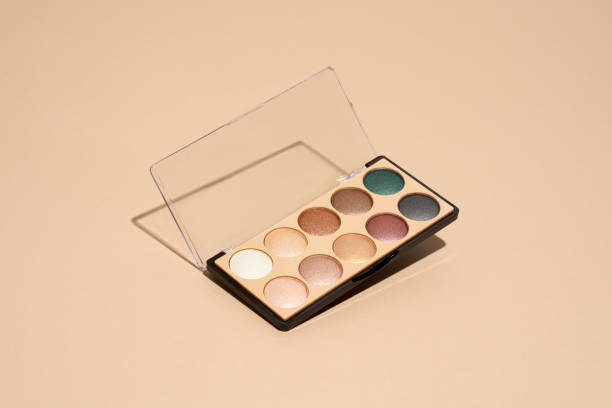When it comes to unlocking the secrets of skincare, few ingredients have garnered as much admiration as argan oil. Derived from the nuts of the argan tree, which flourishes in Morocco’s arid landscapes, this precious oil has been part of local beauty rituals for centuries. Today, it has captured the attention of skincare enthusiasts worldwide, emerging as a staple in countless cosmetic products. Each drop of argan oil is brimming with nutrients that work wonders for the skin, making it an invaluable addition to any routine. Its versatility allows it to address various skin woes, from dryness to signs of aging. By exploring the myriad benefits of this oil, you can discover why it truly deserves a place in your beauty arsenal.
Nutritional Profile of Argan Oil

Argan oil is renowned for its rich composition, which includes essential fatty acids, antioxidants, and vitamins. Here’s a quick look at the benefits of the key components:
- Essential Fatty Acids: Promotes skin elasticity and hydration.
- Vitamin E: A powerful antioxidant that helps combat free radicals.
- Sterols: Natural compounds that enhance skin barrier function.
This unique combination not only nourishes but also protects the skin against environmental stressors. When you apply argan oil, you’re not just moisturizing; you’re actively giving your skin the tools it needs to heal and thrive. With its abundance of nutrients, it acts as a rejuvenating elixir, making it an exceptional choice for various skin types. Additionally, the lightweight nature of argan oil allows it to penetrate deeply without clogging pores, ensuring that your skin receives maximum benefits.
Benefits of Argan Oil for Skin

Moisturization and Hydration
One of the standout benefits of argan oil is its profound ability to hydrate the skin. It delivers deep moisture, preventing dryness and flakiness that commonly plague many individuals. Rich in linoleic acid, argan oil helps lock in moisture while softening and smoothening the skin’s texture. Regular application can lead to a visible difference in your skin’s overall appearance, with a more supple and plump look. This makes it ideal for those with dry to combination skin types. As part of your skincare routine, incorporating argan oil can ensure that your skin remains well-hydrated throughout the day.
Anti-Aging Properties
The antioxidants found in argan oil are your skin’s best friend when it comes to fighting the signs of aging. These properties help to neutralize free radicals that contribute to premature aging signs like fine lines and wrinkles. Not only does argan oil reduce the appearance of existing wrinkles, but it can also help prevent new ones from forming over time. By using argan oil, you’re giving your skin a fighting chance against age-related decline. Aging gracefully has never been easier, thanks to the potent combination of vitamin E and antioxidants found in this oil. The result is a youthful, radiant complexion that stands the test of time.
| Benefit | Description | Key Component |
|---|---|---|
| Moisturization | Revives dry skin and enhances hydration | Essential Fatty Acids |
| Anti-Aging | Reduces fine lines and promotes youthfulness | Antioxidants |
| Acne Prevention | Balances oil production and helps reduce breakouts | Linoleic Acid |
The benefits of argan oil extend beyond merely anti-aging and hydration; it also plays a crucial role in acne treatment and prevention. Contrary to popular misconceptions, oils can actually assist in balancing the skin’s oil production, making it an excellent choice for acne-prone individuals. Argan oil’s non-comedogenic nature ensures that it won’t clog pores, paving the way for clearer skin. Additionally, its anti-inflammatory properties help soothe redness and irritation, fostering a calmer complexion. Utilizing argan oil can provide the right conditions for skin healing, effectively addressing blemishes and preventing new ones from forming.
How to Incorporate Argan Oil into Your Skincare Routine
Integrating argan oil into your daily regimen does not have to be complicated. In fact, there are multiple ways to enjoy its benefits:
- As a Moisturizer: Apply directly to cleansed skin for instant hydration.
- In Serums and Creams: Mix a few drops into your favorite products to enhance their effectiveness.
- For Targeted Treatments: Use argan oil on specific areas such as dry patches or blemishes.
Finding the right application method for your needs can lead to the best results. For those new to using oils, starting with a few drops and gradually increasing the amount can help assess how your skin reacts. Experimenting with different combinations will allow you to discover what works best for you. Remember that consistency is vital, as regular use will maximize the skin-enhancing properties of argan oil.
Conclusion
Argan oil has rightfully earned its reputation as a powerhouse for skincare, addressing a plethora of skin woes. From its deep moisturizing properties to its ability to combat signs of aging and even prevent acne, this oil is a versatile addition to any beauty regimen. With consistent use, it can transform your skin, giving it a radiant, youthful appearance. Whether you’re dealing with dryness, wrinkles, or breakouts, incorporating argan oil into your routine can lead to profound improvements. As natural remedies become increasingly popular, argan oil stands out not only for its effectiveness but also for the rich traditions that accompany its use.
Frequently Asked Questions
- What skin types can use argan oil? Argan oil is suitable for all skin types, including oily, dry, and sensitive skin.
- How often should I apply argan oil to my skin? Generally, applying it once or twice daily is beneficial, depending on your skin’s needs.
- Can argan oil be used on the face? Yes, argan oil is safe and effective for facial application.
- Are there any side effects of using argan oil? Argan oil is typically well-tolerated, but a patch test is recommended to check for allergies.
- Can I use argan oil in my hair as well? Absolutely! Argan oil is fantastic for revitalizing dry or damaged hair.



